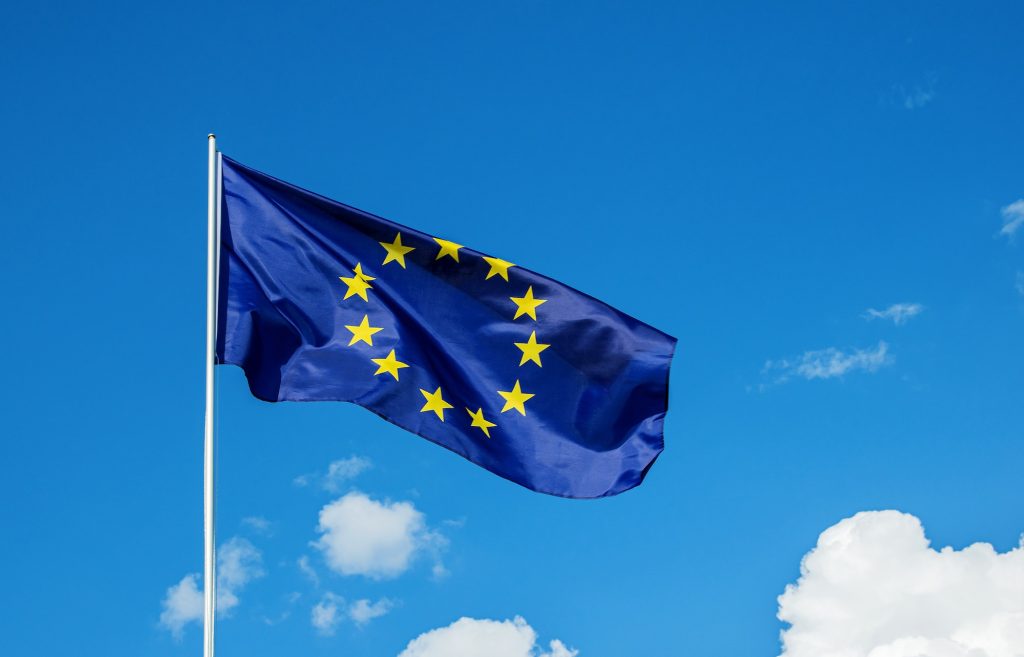
































A proposed cybersecurity certification scheme (EUCS) for cloud services has raised concerns among 26 industry groups across Europe, who caution against potential discrimination towards major US tech firms like Amazon, Alphabet's Google, and Microsoft. The European Commission, EU cybersecurity agency ENISA, and EU countries are set to discuss the scheme, which has seen multiple revisions since its draft release in 2020. The EUCS aims to help governments and businesses select secure and reliable cloud vendors, a critical consideration in the rapidly growing global cloud computing industry.
The latest version of the scheme, updated in March, removed stringent sovereignty requirements that would have forced US tech giants to form joint ventures or collaborate with EU-based companies to handle data within the bloc, a criterion for earning the highest EU cybersecurity label. In a joint letter, the industry groups argued for a non-discriminatory EUCS that fosters the free movement of cloud services across Europe, aligning with industry best practices and supporting Europe's digital goals and security resilience.
The signatories, which include various chambers of commerce and industry associations from several European countries, emphasised the importance of diverse and resilient cloud technologies for their members to compete globally. They welcomed the removal of ownership controls and specific data protection requirements, arguing that these changes would ensure cloud security improvements without discriminating against non-EU companies.
EU cloud vendors like Deutsche Telekom, Orange, and Airbus have advocated for sovereignty requirements, fearing non-EU government access to European data under foreign laws. However, the industry groups contend that the inclusive approach of the revised EUCS will better serve Europe's digital and security needs while promoting a competitive market environment.
 Hot Tags :
Cybersecurity
Consumer protection
Cloud computing
Hot Tags :
Cybersecurity
Consumer protection
Cloud computing